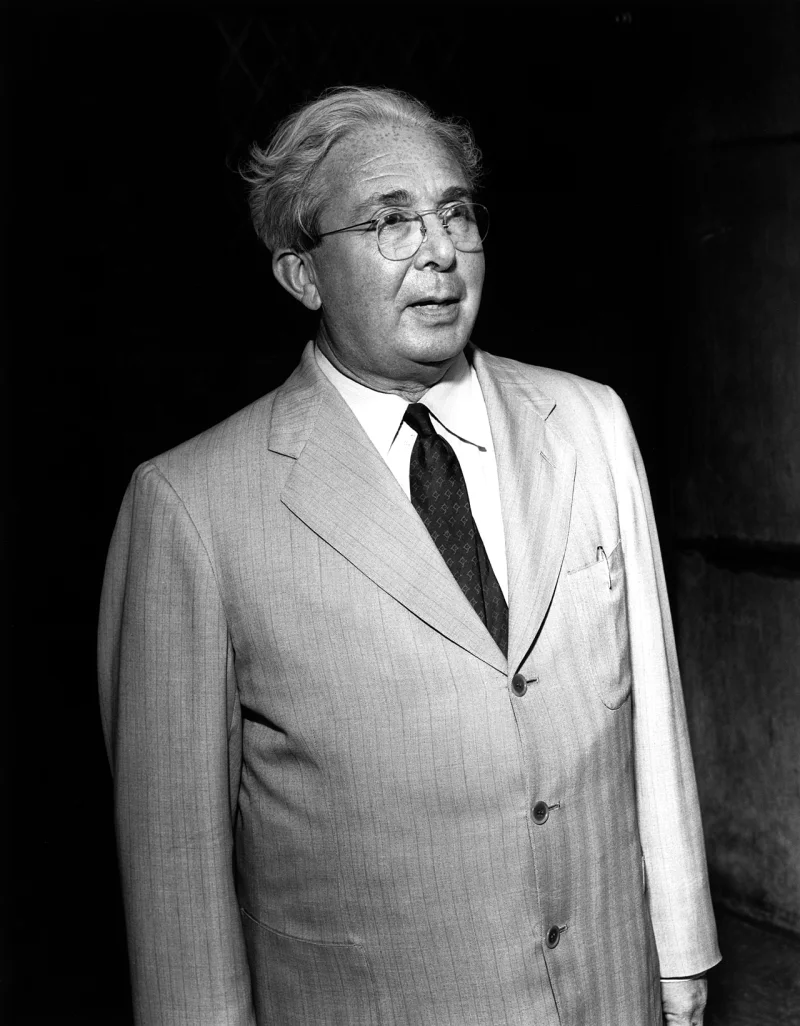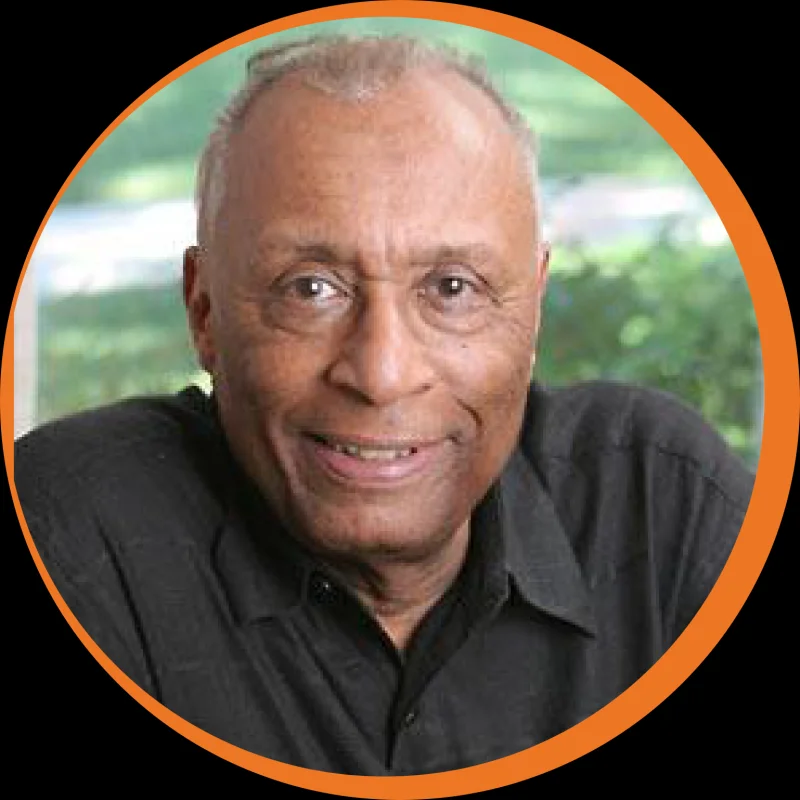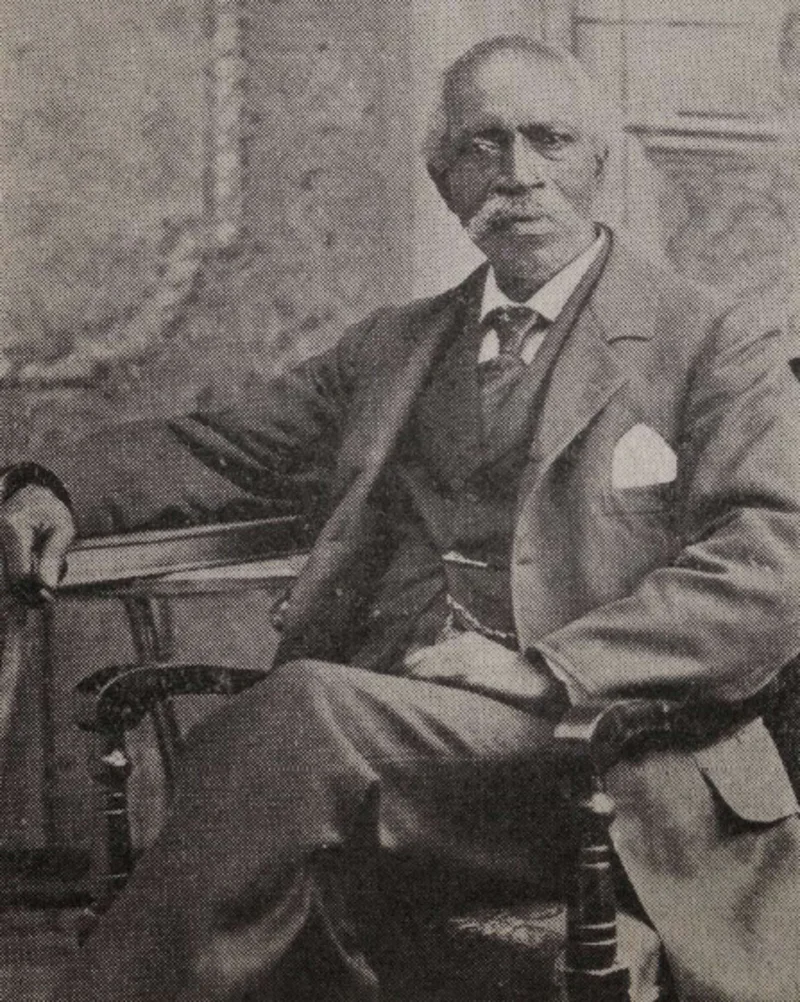Short Summary
Leo Szilard was a Hungarian-American physicist and inventor, best known for his pivotal role in the development of the atomic bomb. His groundbreaking work in nuclear chain reactions laid the foundation for nuclear energy and weaponry. Szilard was also a prominent advocate for nuclear disarmament and global peace. His contributions to science and his advocacy for ethical scientific practice have left a lasting impact on both the scientific community and international policy.
Early Life & Education
Leo Szilard was born on February 11, 1898, in Budapest, Hungary, into a Jewish family. His father, Louis Spitz, was a civil engineer, and his mother, Tekla Vidor, encouraged his intellectual pursuits. Szilard exhibited exceptional aptitude in mathematics and science from a young age. He studied engineering at the Budapest University of Technology and Economics before transferring to the Technical University of Berlin, where he earned his doctorate in physics in 1922. Influenced by Albert Einstein and Max Planck, Szilard developed a keen interest in theoretical physics and thermodynamics, which would shape his future scientific endeavors.
Career Highlights
Szilard's career was marked by several significant contributions to physics and engineering. In the 1930s, he conceived the idea of a nuclear chain reaction and filed for a patent for a nuclear reactor. He collaborated with Enrico Fermi to demonstrate the first controlled nuclear chain reaction in Chicago in 1942, a crucial step in the Manhattan Project. Szilard was also a vocal advocate for the peaceful use of nuclear energy and worked tirelessly to prevent the proliferation of nuclear weapons after World War II. His career was characterized by a commitment to both scientific innovation and the ethical implications of technological advancement.
Major Achievements
- Filed the first patent for a nuclear reactor, setting the stage for nuclear energy development.
- Played a key role in the Manhattan Project, leading to the creation of the first atomic bomb.
- Collaborated with Albert Einstein to alert President Roosevelt about the potential of nuclear weapons, prompting the U.S. to initiate atomic research.
- Developed the Szilard-Chalmers effect, a technique for separating isotopes, which has applications in nuclear chemistry.
Famous Quotes
- "A scientist's aim in a discussion with his colleagues is not to persuade, but to clarify."
- "Don't lie if you don't have to."
Interesting Facts
- Szilard was an avid science fiction writer and used his writings to explore the ethical implications of scientific advancements.
- He was known for his eccentric habits, such as dictating letters while walking through the streets of New York.
- Szilard was a co-founder of the Council for a Livable World, an organization advocating for arms control and nuclear disarmament.
Legacy / Influence
Leo Szilard's legacy extends beyond his scientific achievements to his ethical considerations of nuclear technology. His advocacy for responsible scientific practice and disarmament influenced international policy and inspired future generations to consider the moral implications of scientific progress. Szilard's work laid the groundwork for the development of nuclear energy, while his efforts to prevent nuclear proliferation continue to resonate in contemporary discussions on global security.
FAQ
Q: Why is Leo Szilard famous?
A: He is famous for his contributions to the development of the atomic bomb and advocacy for nuclear disarmament.
Q: What was Szilard's role in the Manhattan Project?
A: He played a crucial role in demonstrating the first controlled nuclear chain reaction with Enrico Fermi.
Q: Did Szilard work with any famous scientists?
A: Yes, he collaborated with scientists like Albert Einstein and Enrico Fermi.











